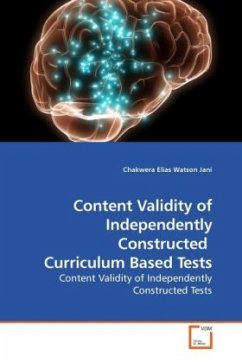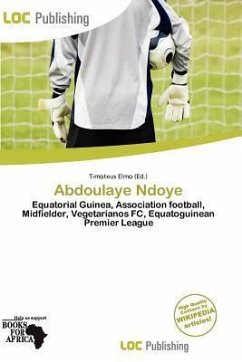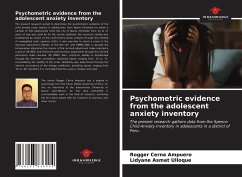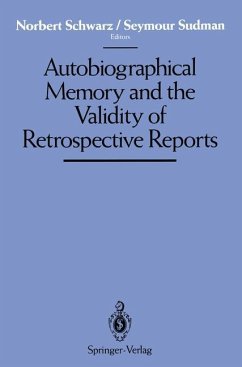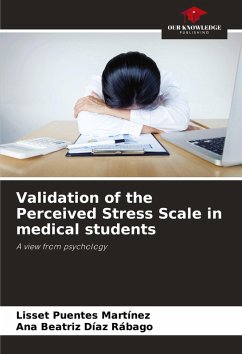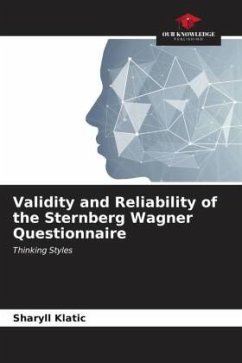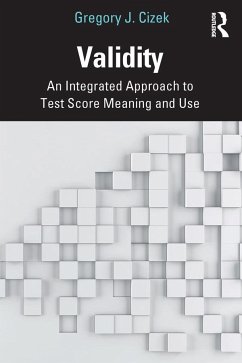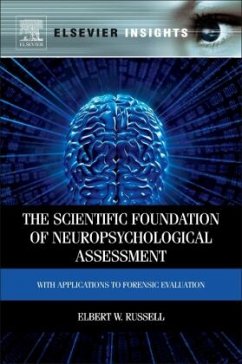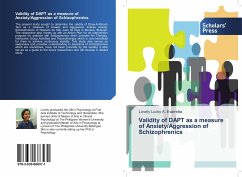
Exploring the Validity of Emotional Intelligence
Using EI to predict superior performers
Versandkostenfrei!
Versandfertig in 6-10 Tagen
45,99 €
inkl. MwSt.

PAYBACK Punkte
23 °P sammeln!
Until 1995, IQ was considered the best predictor of work performance for applicants with no prior experience. Herrnstein and Murray (1994) argued that IQ largely determined one s success in life. However, there are numerous exceptions where individuals with poor scholastic records have achieved success in business and life. Against the deterministic background of IQ, Goleman s book (1995) Emotional Intelligence: Why it can matter more than IQ, captured the attention of a wide audience in organizational and academic settings. Today, it is not uncommon to hear of organizations evaluating employe...
Until 1995, IQ was considered the best predictor of work performance for applicants with no prior experience. Herrnstein and Murray (1994) argued that IQ largely determined one s success in life. However, there are numerous exceptions where individuals with poor scholastic records have achieved success in business and life. Against the deterministic background of IQ, Goleman s book (1995) Emotional Intelligence: Why it can matter more than IQ, captured the attention of a wide audience in organizational and academic settings. Today, it is not uncommon to hear of organizations evaluating employees on their Emotional Intelligence (EI) skills. However, there is no common model for EI, and the two leading instruments, the EQ-i and the MSCEIT do not measure the same thing. Many publications describing the virtues of EI use proprietary tests of EI thereby producing results that cannot be generalised to any other industry. This book attempts to address the disparity of definitions and tests of EI by providing some concrete grounding of EI with behavioural, academic, and corporate success criteria.



